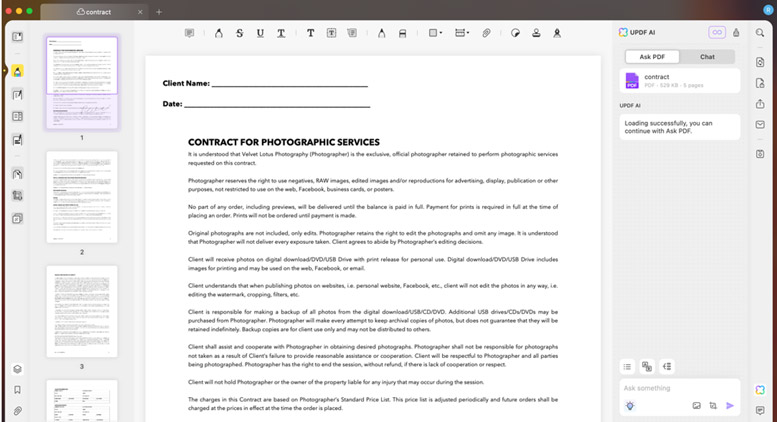UCITA hits snag with lawyer group
ABA fails to approve uniform legislation
WASHINGTON — The future of a proposed law that would standardize software licensing agreements across the U.S. appeared to be in doubt after the American Bar Association (ABA) failed to approve it at its national meeting last week.
The National Conference of Commissioners on Uniform State Laws (NCCUSL) has been pitching the Uniform Computer Information Transactions Act (UCITA) to state legislators since 1999. They have called it a “model” law that it would create uniform legislation across the country.
Several software companies and groups, including the Business Software Alliance, Microsoft and IBM., support UCITA, arguing that differing state software licensing laws drive up the cost of selling software. They argue that a uniform law across the United States would reduce vendors’ liability costs.
NCCUSL approved a series of changes to the proposed law in August 2002 in an effort to answer critics’ complaints that UCITA would force restrictive licenses for shrink-wrapped or downloaded software on customers. However, six sections of the ABA failed to approve UCITA before the ABA’s mid-year meeting in Seattle this past week.
On Monday, the NCCUSL withdrew a resolution recommending the ABA House of Delegates approve UCITA, according to the American Library Association, an opponent of UCITA.
An approval from the ABA is a customary step in the process of passing proposed uniform laws such as UCITA, a press release from the American Library Association said. Representatives of NCCUSL were unavailable Tuesday to comment on whether they will go back and redraft the proposed law.
The proposed law drew opposition from several library, consumer and technology groups, including the Institute for Electrical and Electronics Engineers, the Free Software Foundation, and the Association for Computing Machinery. Only two states, Maryland and Virginia, have passed versions of the law since 1999.
Opponents contended that UCITA would allow corporations to force customers to agree to licenses for shrink-wrapped or downloaded software that take away consumer rights, including fair use rights under copyright law. The software licenses that may result from UCITA wouldn’t allow customers such as businesses or libraries to negotiate licenses, opponents charged, but UCITA would give companies new powers to remotely disable licensed software.
NCCUSL made a number of changes in August, among them:
— A state’s consumer protection laws would trump UCITA.
— Software contracts that prohibited criticism of the products they cover would be unenforceable.
— A software company could not prohibit reverse engineering done for the purpose of making a piece of software work with other software.
Despite those changes, members of Americans for Fair Electronic Commerce Transactions, including the American Library Association, continued to oppose UCITA.
“A lot has gone on to improve UCITA, and yet, after all that, none of the (ABA) sections that looked at it wanted to vote for the resolution,” said Carol Ashworth, UCITA grassroots coordinator for the American Library Association. “We would hope that the fact that the ABA … was unable to come up with an approval of the act would make any state legislature think twice about considering this seriously.”




